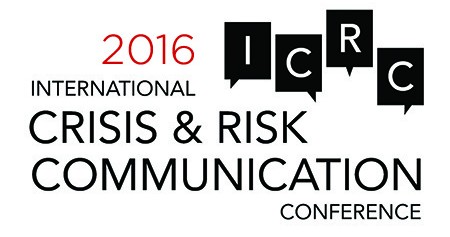
Associate Professor
University of North Carolina at Wilmington
USA
Jeanne M. Persuit, Ph.D. is an Associate Professor of Communication Studies. Dr. Persuit teaches courses in integrated marketing communication, public relations, advertising and communication ethics. Her research interests are the rhetoric and philosophy of integrated marketing communication and communication ethics. Before returning to Duquesne University for her Ph.D., Dr. Persuit worked in integrated marketing communication in the consulting engineering field and was a marketing communications manager for a Fortune 500 manufacturing company. She is co-advisor, with Dr. Bill Bolduc, of Pier601 Creative, the COM Studies Department’s student-run IMC firm. She also plans the biennial IMC Conference at UNCW. Dr. Persuit has published articles in The Review of Communication, the Journal of the Association for Communication Administration. In addition, she has co-authored a book chapter on Michelle Obama’s First Lady brand and epideictic rhetoric and is the author of Social Media and Integrated Marketing Communication: A Rhetorical Approach, published by Lexington Books.
Using an Integrated Marketing Communication Framework in Crisis and Risk Communication
Integrated marketing communication (IMC) offers a potentially fruitful connection with crisis and risk communication. While IMC is traditionally defined as a strategic business process, its holistic nature considers all of an organization’s points of communication as having potential for affecting behavior and positions all members of an organization as vital communicators that have significant effects on that organization’s ability to execute its mission. An IMC framework places responsibility for effective and ethical risk and crisis communication on every member of an organization. In addition, IMC relies on a foundation of brand and brand narratives, which allow people to create relationships and forge meaning with organizations, products, services, and so on.
As Kerr and Patti (2015) note, IMC specifically employs the construct of strategic integration (SI). They argue that an organization’s understands SI as coordinating and organizing while for the customer, “…integration is a naturally occurring process of perception, repetition, and brand learning to try and make sense of a cluttered world.” Crisis and risk communication through an IMC lens accepts this cluttered world not as a distraction but as a reality, with the potential to engage audiences in meaningful relationships that can drive behavioral change.
Through a variety of IMC approaches, including the rhetorical (Persuit, 2013), semiotic (Botan, 1998), and engagement (Groom, 2008), the study of crisis and risk communication can address issues of meaning, coordination, and interactivity to foster ethical and effective communication. In this presentation, Persuit will offer several cases for study and areas for future research for crisis and risk communication that is situated in an IMC context.


